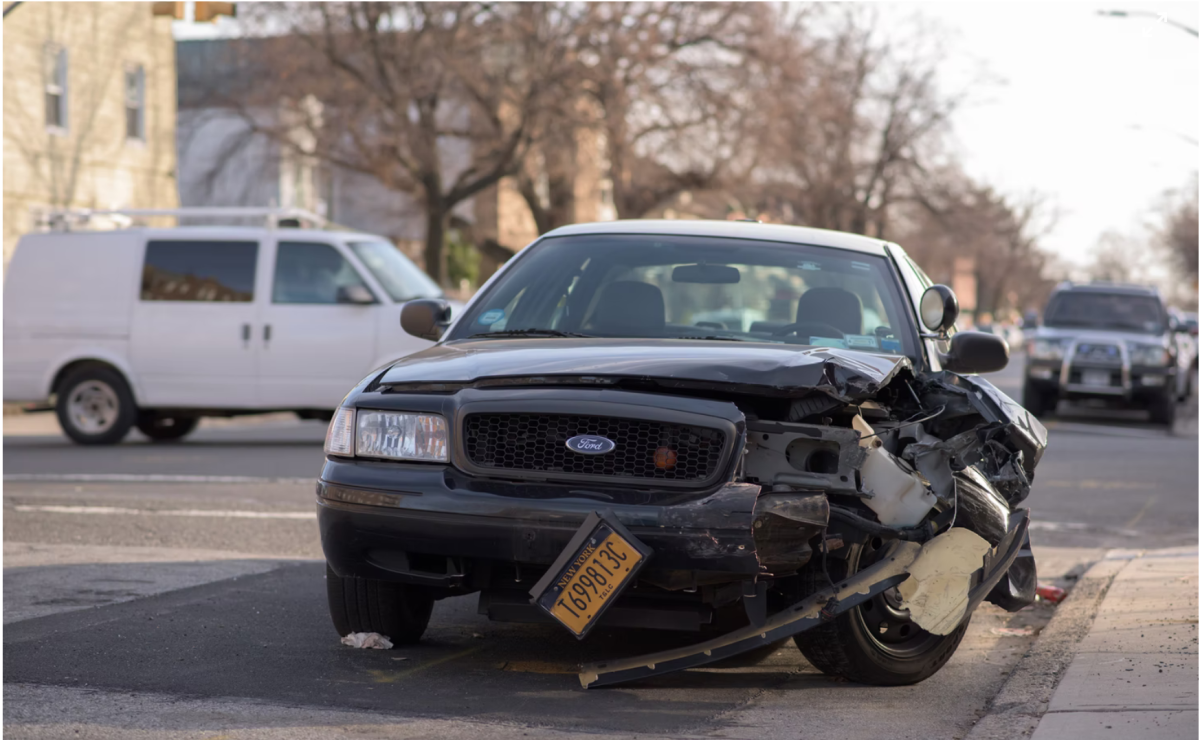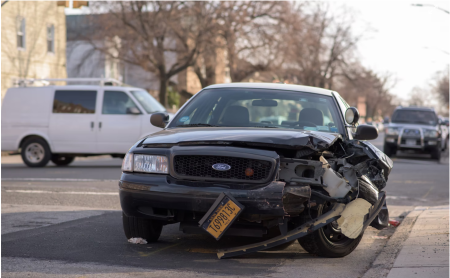by Contributor
(Oct. 21, 2021) — Car accidents, while unfortunate, can occur any time you drive a vehicle. Even the most seasoned or experienced drivers can find themselves in a mild to a severe fender bender. While accidents are nerve-wracking, you can save yourself a lot of hassle if you know what to do at the scene. Below is a list of things you should do if you’re in an accident.
Turn Your Vehicle Off
This might sound like common sense, but accidents can derail even the calmest of people. Before you do anything else, make sure you stop the vehicle and turn it off. You’ll also want to make sure you turn on your hazards to notify any oncoming cars.
Check for Injuries
Accidents can cause a person to go into shock or be numb to their injuries because of adrenaline. Make sure you check to see if you’ve sustained any injuries by feeling around your body and taking note of any scrapes or bruises. It’s important to document your injuries, especially if you’ll need the services of a personal injury lawyer like Bonville & Howard.
Check on Other Passengers
If you’re not injured, or it doesn’t hurt to move, be sure to check on the other passengers in your vehicle. Speak clearly to everyone and ask them to check for injuries on themselves, too.
Call 911
If there are injuries of any kind, call 911. In some states, calling 911 is also a legal requirement. Dispatch officers will often send both police and an ambulance to the scene, so it’s best to get in touch with them as soon as possible. If there are no injuries and you’re in a state that doesn’t legally require 911 involvement, you could just call the police or find the nearest station.
Try to Remain Calm
While you’re waiting for help to arrive, try to stay calm. Accidents are nerve-wracking, but panicking will not help the situation. It’s also important during this time not to make deals with the people involved in the accident. While it may be tempting to exchange money rather than go through insurance companies, you could end up paying more in the long run. Also, if other causes are involved, such as drunk driving, it becomes a legal matter requiring police involvement.
Exchange Information
In cases of mild fender benders where neither party is injured, it’s often a good idea to exchange information. The most important types of info that should be exchanged includes:
- Full names
- Contact information (phone number, email address)
- Insurance company and policy number
- Driver’s license and license plate numbers
- Model and color of both vehicles
Document Important Details
If you are uninjured, document as many details of the accident as possible. This includes:
- Time and date of the crash
- Crash location
- Driving conditions (weather, lighting, road quality, markings, wet roads, etc.)
- Type of damage incurred and where
- Any injuries sustained by drivers, passengers, or pedestrians
- Photographs: taken with your phone that document the scene, the position of the vehicles, and any damage
- Other factors such as a hit-and-run (the other drivers takes off before police arrive)
Notify Your Insurance Company
While it’s not always necessary, it’s a good idea to contact your insurance agent while you’re at the scene. They will be able to tell you exactly what you need to document to process your claim.


